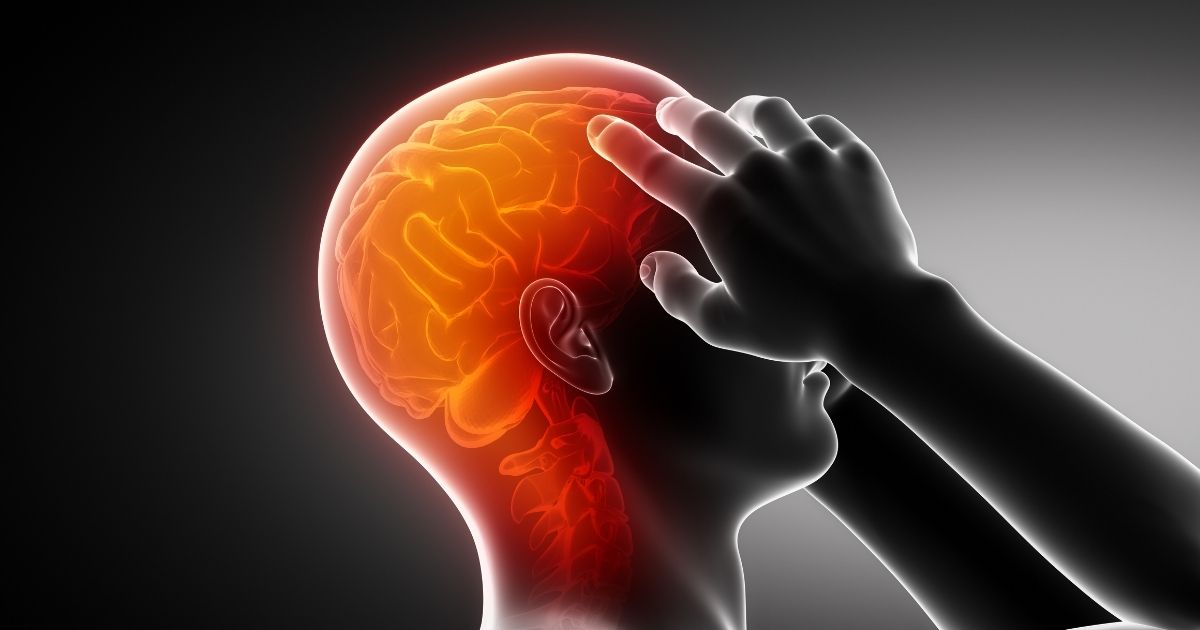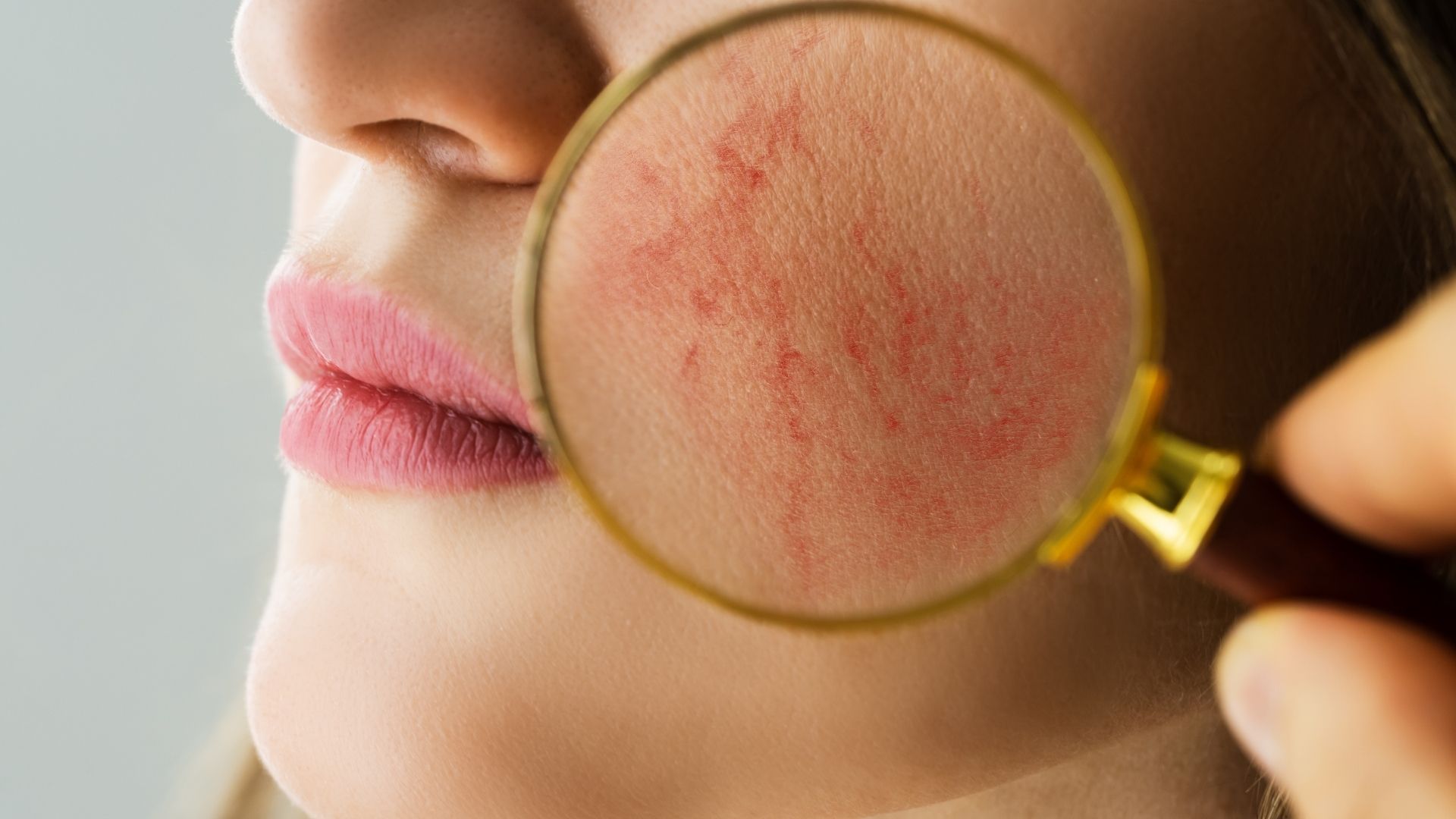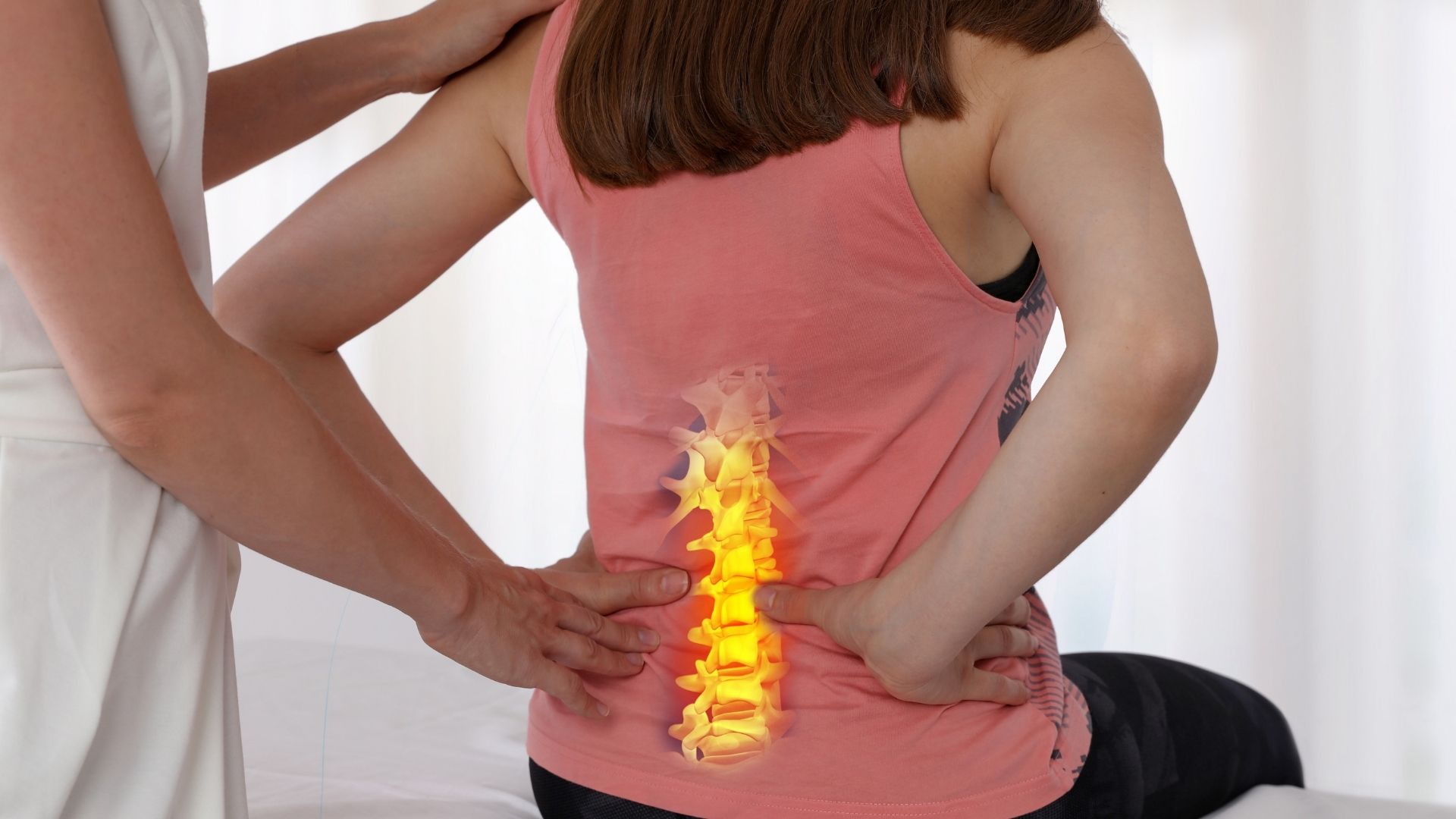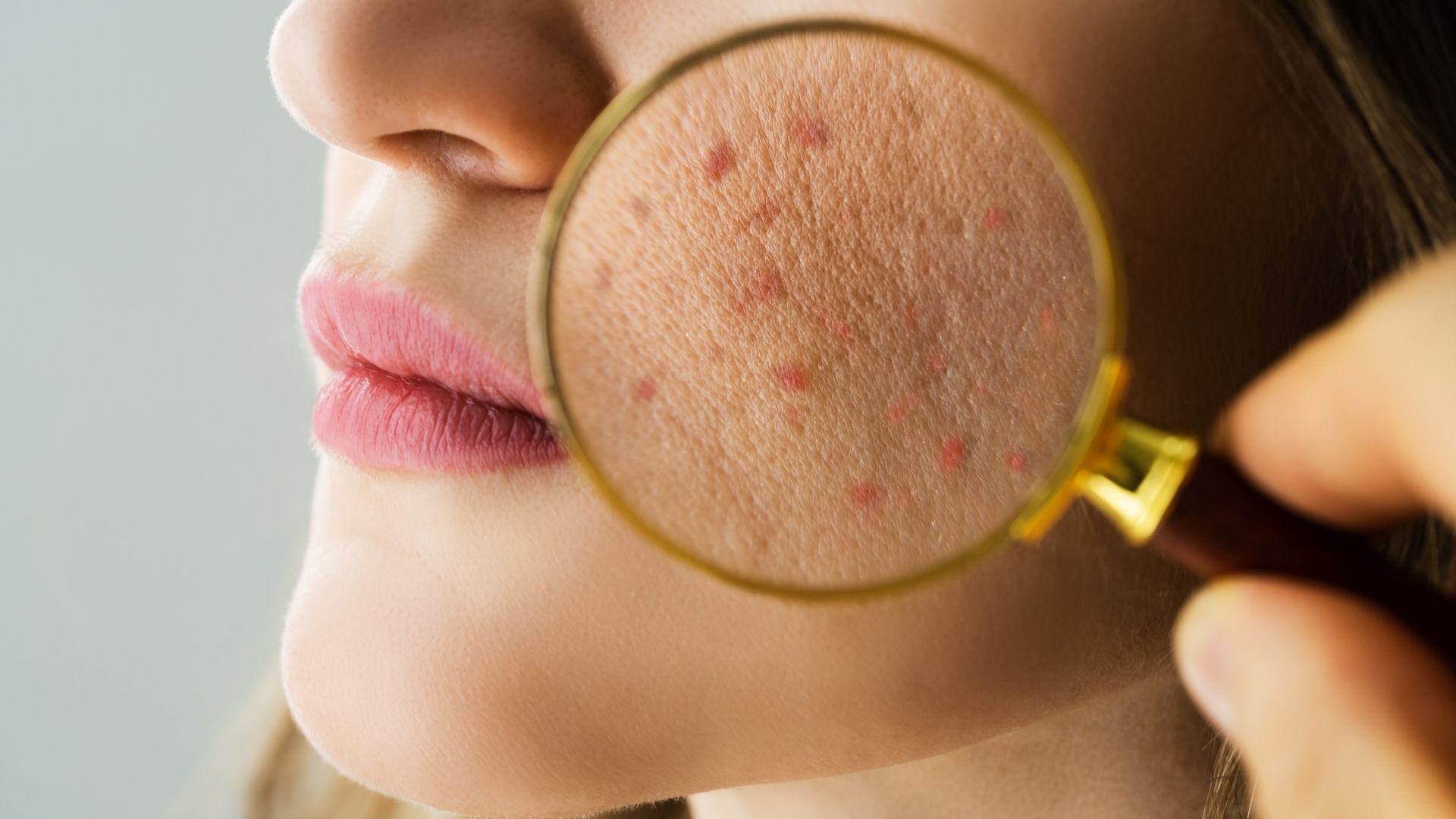Headache is a condition that people experience at some point in their lives, albeit rarely. The severity of a headache can affect a person’s quality of life; people with severe headaches may find it difficult to carry out their daily activities.
A headache is usually defined as a condition that causes discomfort in a specific area of the head. A headache can occur suddenly or gradually and can last for several hours or even several days. The severity of the headache and accompanying symptoms can help to identify the underlying cause.
Some symptoms and conditions should be taken into consideration, as there may be a serious cause of the headache. If your headache is accompanied by any of the following symptoms, it is important to seek medical attention immediately
- Confusion or difficulty speaking
- Fainting
- High fever (above 39-40 °C)
- Numbness or weakness on one side of the body
- Speech impairment
- Unstable gait
- Severe nausea or vomiting (not due to flu or other causes)
Types of headaches include primary and secondary headaches. Primary headaches are not caused by any other disease, while secondary headaches occur as a symptom of other diseases.
There are headache types such as tension headache, migraine, neuralgic headache and cluster headache.
Tension Headache: It creates a band-like feeling of pressure around the head. Factors such as stress, lack of sleep and work environment can trigger this type of headache.
Migraine Headache: It is a severe headache and comes in seizures. It may be accompanied by symptoms such as nausea, vomiting, sensitivity to light and sound. It is characterized by prodrome, aura and attack stages.
Cluster Headache: It manifests itself as very severe and usually unilateral pain. It may be accompanied by symptoms such as lacrimation and nasal congestion.
Neuralgic Type Headache: It is a sudden and severe pain. It can be triggered by factors such as cold effect and circulatory disorders.
Different methods can be used in the treatment of headache. Painkillers, muscle relaxants and psychological therapies may be recommended for tension-type headache. Medications, avoiding triggers and lifestyle changes can be effective in migraine treatment. Cluster headache can be treated with medication and oxygen therapy.

There are also some methods that can help relieve a headache:
Cold compresses: Applying a cold compress to your forehead or head can help relieve the pain.
Hot compress: Depending on the type of headache, you can use a hot compress or heating pad.
Caffeine consumption: Drinks containing caffeine, such as tea or coffee, can relieve pain.
Relaxation techniques: Techniques such as stretching, yoga, meditation can help manage pain.
Massage: Giving your neck a gentle massage can relieve stress-induced tension pain.
Regular medication: Regular use of medications recommended by your doctor can also be effective in managing pain.



